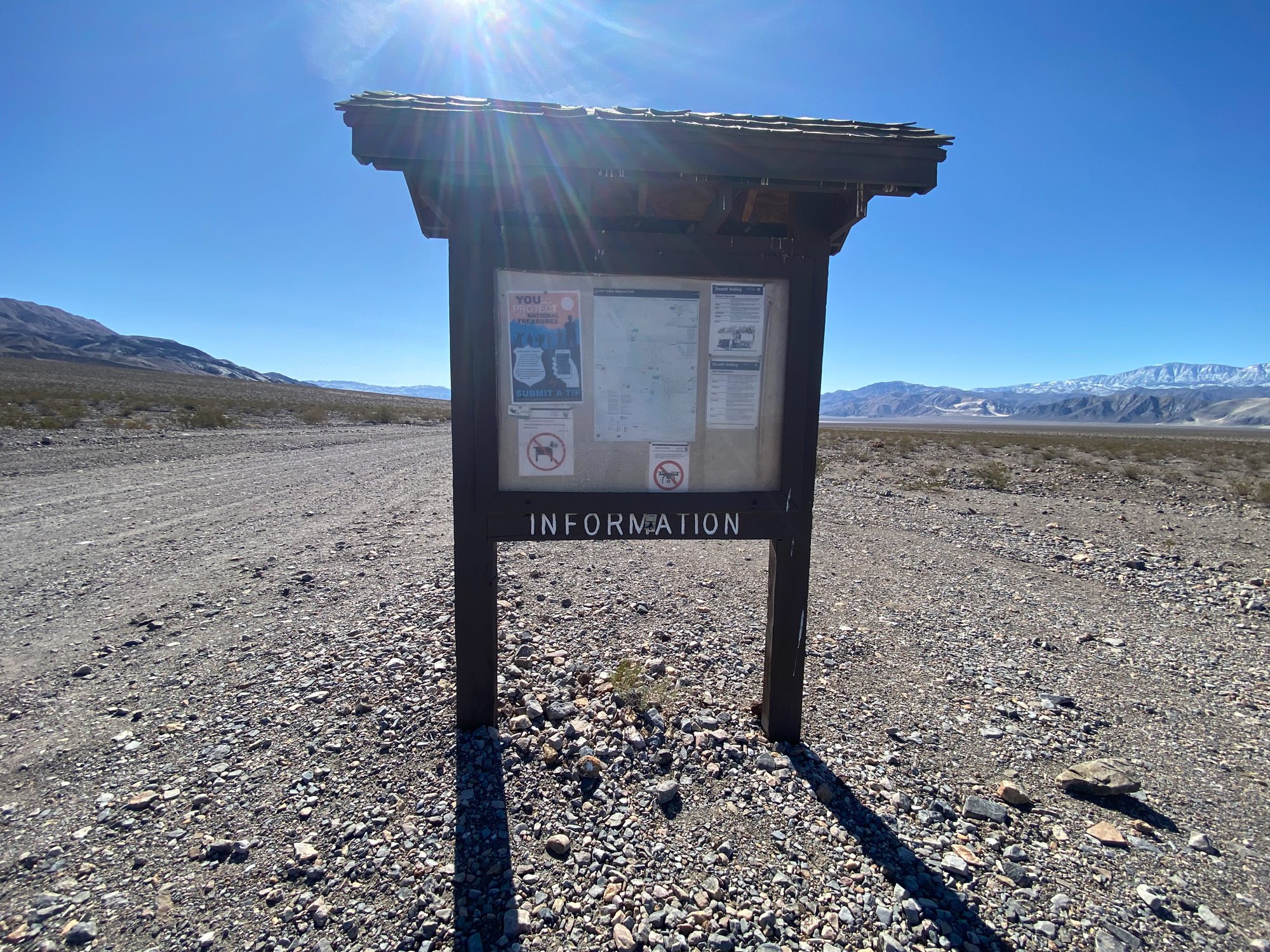Eureka Dunes
Death Valley, CA
EUREKA DUNES
A BRIEF SUMMARY OF EUREKA DUNES
The Eureka Dunes are located in a remote section of the northern part of Death Valley. In my opinion, they offer the best dune photographic opportunities in the southwest.
The dunes run about 3.3 miles long (north to south) and 1 mile (east to west), with the highest point 700 feet above the base—making them the second tallest dunes in the country. This location is very hard to get to, but provides many great curves, texture, abstracts, windstorms, and footprint-free dunes compared to other places in the park. Both sunset and sunrise offer great opportunities here, and the relative isolation of the Eureka Dunes makes it a very appealing location for creative thought for many photographers.
Eureka Dunes is a good location for 2-3 days of landscape photography. But, before considering shooting here, know this place is way off the grid and there is nothing—and I mean nothing—anywhere around. So make sure you bring plenty of food, water, and shelter, as you will be lucky to see more than a handful of people each day.
Images and location summary by Tim Wier
Annual Subscription
Lifetime Membership
DATA POINTS INCLUDED WITH EUREKA DUNES SUMMARY
I would rate the difficulty of this trail as a 4.5 on a scale of 1-5 (with 5 being most difficult). The rating of 4.5 is based on hiking into and around the very large Eureka Dunes (with up to 6-8 miles roundtrip) and the bone-jarring drive to this location.
The hike from one of the parking lots/campsites is level and not overly sandy until you get to the dunes. As you can image, hiking up a 200 ft. sandy dune is very difficult and can zap you of energy. Always be aware of where you are and how to get back to your starting point.
For me, shooting the dunes is about curves, lines, dimension, contrast, shapes, and shadows. You are often looking for an abstract in the middle of the obvious. For this shot, I wanted to show the contrast of colors, shapes, and dimensions of the area. I searched and found this location the day before and marked it with my GPS so I could return pre-dawn for the sunrise.
This shot was taken in January, when the sun was rising from the back left. This location might also work for sunset, as the sun sets to the back right in winter months.
If possible, I would bring lenses/zoom that range from ultra wide to telephoto. The compositions are endless on these dunes. The above shot was taken with a 24mm lens.
2,900 Ft. Elevation
Other Resources Available with Membership
KMZ Trail File
Directions
Best Time of Day to Shoot
Best Time of Year to Shoot
Equipment Needed
Permits Required
Direction of Shot
Google Maps Birds-Eye-View
Number of Photographers to Expect
Cell Service
Overnight Lodging/Camping
Nearby Restaurants
Area Guides and Workshops
Other Resources














